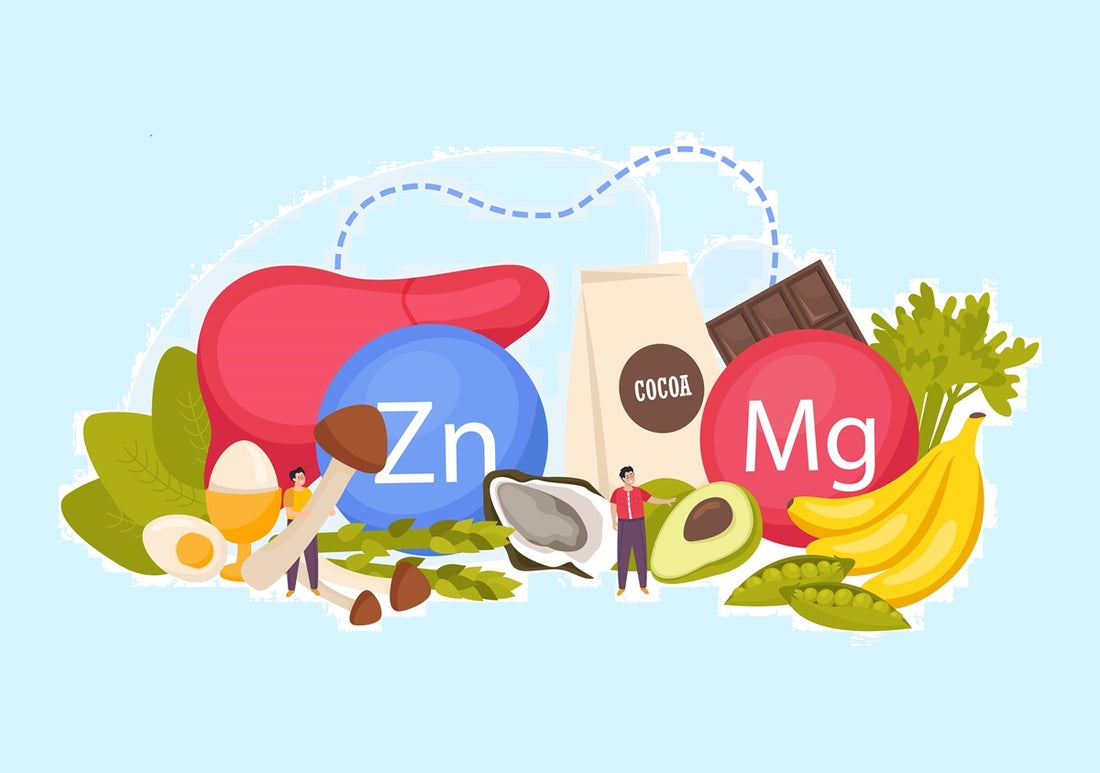
The Role of Magnesium and Zinc Supplements in Improving Exercise Performance
In recent years, there has been an increasing interest in the role of dietary supplements in improving athletic performance and overall health.
Among these supplements, magnesium and zinc stand out due to their significant contributions to various physiological functions essential for optimal exercise performance. For health-conscious individuals, understanding the benefits of these minerals can be pivotal in enhancing their physical capabilities.
Magnesium and Zinc Supplements: Overall Benefits

Magnesium and Zinc are two essential nutrients that help to regulate muscle contraction, support protein production, and improve energy levels.
They also play a role in protein synthesis, essential for building muscle and reducing fatigue during exercise.
Importance of Magnesium
- Magnesium is a vital mineral that plays a critical role in over 300 biochemical reactions in the body, including those involved in muscle function and energy production. It aids in synthesizing adenosine triphosphate (ATP), the primary energy carrier in cells.
- Adequate magnesium levels can help to reduce muscle cramps and fatigue, facilitating more efficient workouts. Numerous studies have indicated that magnesium supplementation can lead to improved endurance, increased strength, and a faster recovery rate, enabling athletes to train harder and more effectively.
Focus on zinc and its role in exercise performance
- Zinc, on the other hand, is essential for immune function, protein synthesis, and cellular repair. It plays a crucial role in muscle recovery and the reduction of oxidative stress induced by intense physical activity.
- Adequate zinc levels are linked to enhanced testosterone production, which can promote muscle growth and improve overall exercise performance. Research suggests that zinc supplementation can result in improved strength and agility, making it a valuable addition to the regimens of both amateur and professional athletes.
For those who are health-conscious, incorporating magnesium and zinc supplements into their diet may yield substantial benefits. It is essential, however, to consult with a healthcare provider before initiating supplementation to determine appropriate dosages and avoid potential adverse effects. Moreover, it is advisable to prioritize a balanced diet rich in these minerals naturally, through foods such as nuts, seeds, legumes, and whole grains.
In conclusion, magnesium and zinc supplements offer promising advantages for enhancing exercise performance. By improving muscle function, energy production, and recovery processes, these minerals can significantly contribute to achieving fitness goals. Health-conscious individuals should consider their inclusion in their dietary regimen, always under professional guidance, to unlock their full athletic potential.
